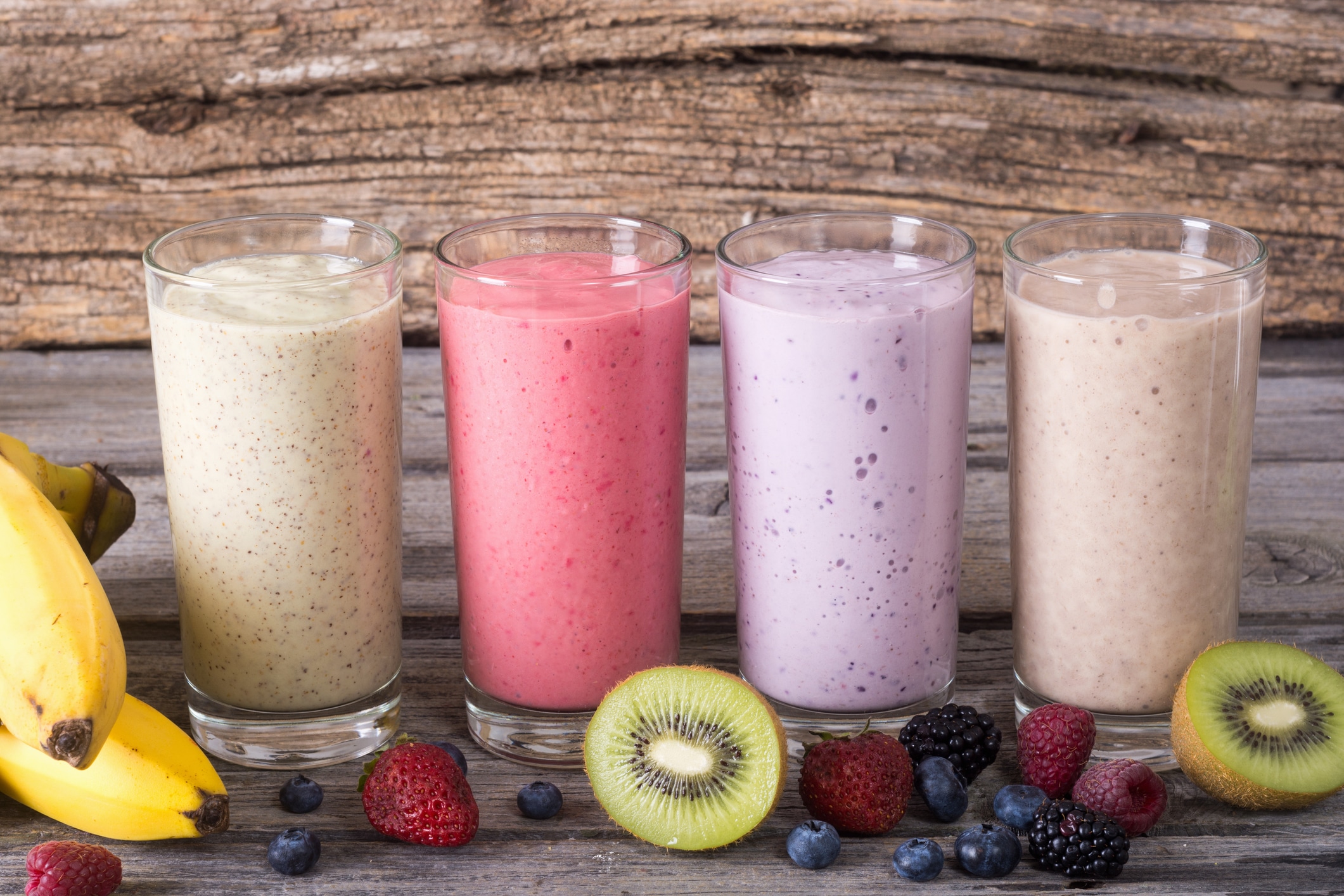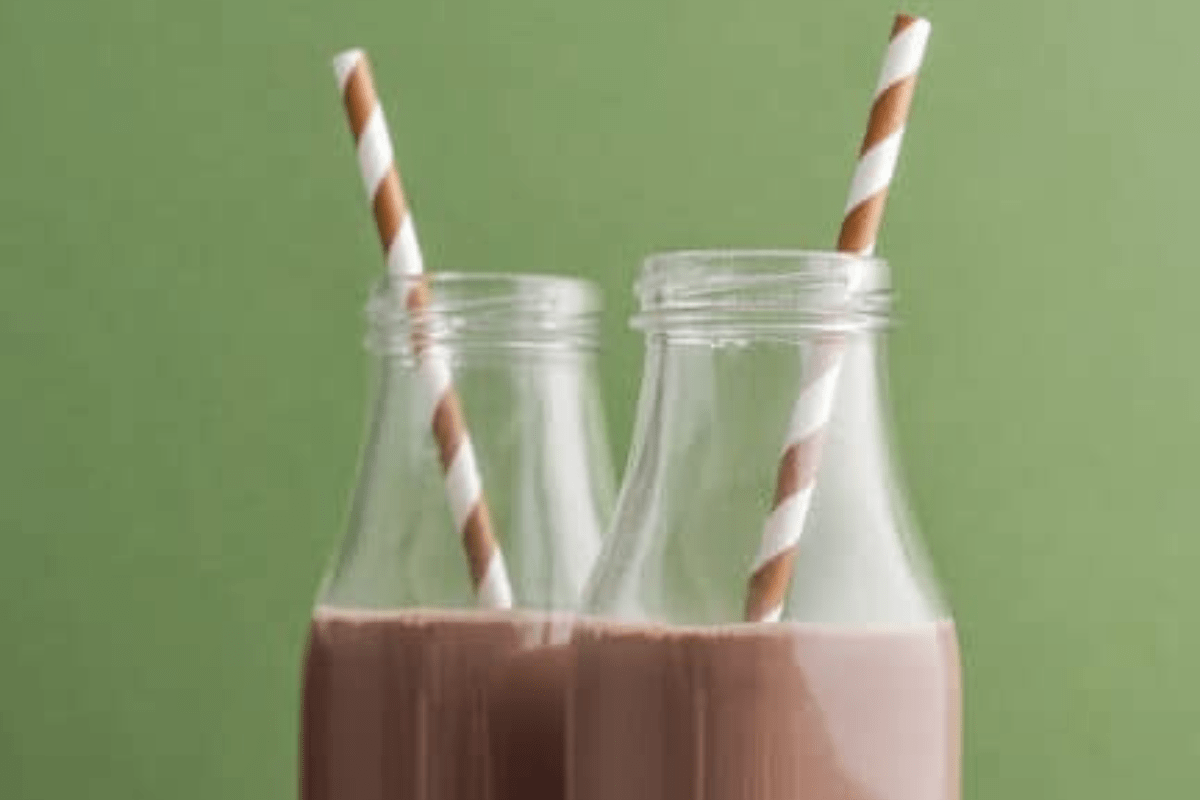You know how swelling can occur if you twist your ankle or bump your elbow? That swelling is due to inflammation. Part of the inflammatory process is to send signals to the body to protect and repair the damaged body part. This type of inflammation is called acute inflammation.
On the other hand, chronic inflammation occurs when consistent injuries happen over time causing a cascade of reactions in the body that can damage cells and tissues. Examples of chronic inflammation are conditions such as arthritis, tendonitis, and bursitis. The “itis” in those conditions is in part due to chronic inflammation. Some chronic diseases, like diabetes and heart disease, may also be related to chronic inflammation.
How Inflammation Can Impact Student Athletes
Chronic inflammation can negatively impact sports performance in multiple ways. It can cause muscle soreness and limit the ability to use the inflamed body part, including the tendons, ligaments and cartilage around it. It can also get in the way of healing, repair, and muscle recovery.
Not all inflammation can be prevented, but there are steps student athletes can take to support the body’s natural inflammatory pathways. Appropriate conditioning, adequate rest, and getting enough calories each day, all play an important role in preventing inflammation. There are also some specific foods you can include in your daily diet that may help.
Foods To Fight Inflammation
No one food can eliminate inflammation altogether, but certain foods contain compounds and nutrients shown to support the anti-inflammatory process. Try incorporating some of the following anti-inflammatory foods into your eating plan.
Dairy Foods That Reduce Inflammation
All dairy foods including milk, cheese, and yogurt, as well as dairy proteins, like whey and casein, were found in several systematic reviews to be anti-inflammatory or to have a neutral effect on inflammation. Learn more about dairy’s role in fighting inflammation here.
Easy Ways to Add Dairy Foods to Your Diet
Use chocolate milk as a recovery beverage after a hard workout or game: try cheese and an apple as a satisfying snack, use yogurt as part of a smoothie or with fruit and nuts for a snack or a meal.
Greens For Reducing Inflammation
Leafy greens like broccoli, spinach, cabbage, collards, and kale are rich in vitamin K, which not only helps to reduce inflammation, but also protects bones and aids in blood clotting.
Easy Ways to Add Leafy Greens to Your Diet
Add spinach to a shake in the morning, incorporate a vegetable stir-fry for dinner, or include a salad bowl, roasted broccoli, or homemade coleslaw (with cabbage) as a side dish.
Fruit For Reducing Inflammation
Berries, citrus, cherries, grapes, tomatoes and prunes are full of antioxidants, the powerful compounds in fruits responsible for their bright, vibrant colors. In addition to protecting cells against cell damage, they may also help lighten pain that can occur from intense training and speed up the recovery process.
Easy Ways to Add Fruit to Your Diet
Add frozen berries to a shake, make orange juice into ice pops, or try freezing grapes as a snack. You can even add cherry tomatoes into cold pasta with mozzarella cheese balls, olive oil and fresh basil for an easy and accessible meal or snack. Or add diced prunes and dried cherries to make a quick, homemade trail mix.
Nuts for Reducing Inflammation
Almonds, hazelnuts, peanuts, pecans, pistachios and walnuts are all a dense source of unsaturated fatty acids, plant sterols and certain antioxidants which have been shown to help minimize inflammation.
Easy Ways to Add Nuts to Your Diet
Add nuts to oatmeal or yogurt in the morning, sprinkle them on your salad for lunch, or make a homemade trail mix that can be packed in your backpack and eaten in school when hunger strikes. You can even try toasted nuts for a new flavor variation.
Fatty Fish for Reducing Inflammation
Fatty fish like salmon, tuna, sardines and mackerel are a great source of omega-3 unsaturated fatty acids, which have been shown to decrease the activation of inflammatory cells and support brain health.
Easy Ways to Add Fatty Fish to Your Diet
Try keeping salmon or tuna pouches handy to put on crackers for a quick lunch or even recovery snack after a tough workout, make a Greek Mediterranean salad with feta cheese and sardines, or sprinkle a blackened or Cajun spice on salmon before grilling it.
Fermented Foods For Reducing Inflammation
Fermented foods like yogurt, kefir and naturally fermented sauerkraut, kimchi, kombucha and pickles, provide the gut, also known as the microbiome, with healthy bacteria that helps keep the whole system working better. That includes supporting immune function and the absorption of nutrients from the foods we eat. Both kefir and yogurt have the added benefit of providing protein, carbohydrate and calcium, which aid in workout recovery and support bone health.
Easy Ways to Add Fermented Foods to Your Diet
Use a kefir smoothie as part of your recovery post workout or game. Make an anti -inflammatory winning treat by topping your yogurt with berries and nuts.
Green Tea for Reducing Inflammation
Green tea is packed with special antioxidants which help prevent the breakdown of protein, upkeeping our joints and muscles.
Easy Ways to Add Green Tea to Your Diet
Since tea can inhibit the absorption of some key nutrients like iron, it is best sipped in between meals. Hot or cold, green tea is a great refreshing drink. You can add other spices or flavors like, fresh mint or ginger, to enhance your drink.
Spices for Reducing Inflammation
Cinnamon, turmeric, fresh garlic, and ginger are four spices studied for their potential in targeting inflammation. They contain antioxidants and essential oils that provide protection against inflammatory cells. They may also help with muscle pain, soreness, and recovery.
Easy Ways to Add Spices to Your Diet
Sprinkle cinnamon on top of a latte or hot chocolate made with real milk, or add some on top of oatmeal in the morning. You can also add garlic to stir fries and sauces. Experiment with using turmeric in cooking and in smoothies, or try adding ginger to tea, like mentioned above.
Student athletes can help keep inflammation at bay by including dairy foods along with fruits, green leafy vegetables, nuts, fatty fish, green tea, fermented foods, and spices in their diet regularly. Experiment with all the ways you can include this array of nutritious and delicious options to support recovery and resiliency throughout your sports career.
Inflammatory Foods You Should Avoid
If you are looking to eat better, it is recommended to either reduce consumption or avoid refined carbs, fried foods, sodas, processed meats and trans fats.





